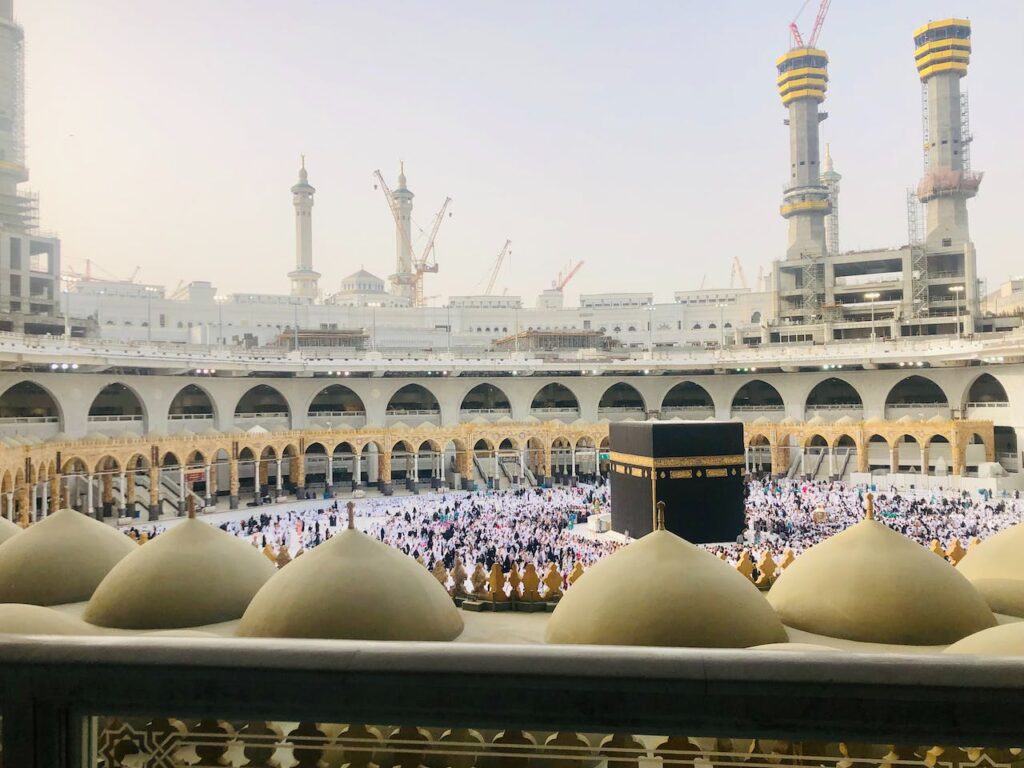Performing Umrah and Hajj are significant acts of worship in Islam, attracting millions of Muslims from around the world. While Hajj is Wajib, many individuals choose to perform Umrah before undertaking the obligatory Hajj pilgrimage. In this article, we will explore the question of whether it is permissible to perform Umrah before Hajj according to Islamic teachings. We will delve into the opinions of scholars,
examine the historical context, and shed light on the spiritual benefits of performing Umrah as a precursor to Hajj.
Understanding the Significance of Umrah and Hajj
Both acts of worship hold immense spiritual significance in Islam. Umrah, also known as the lesser pilgrimage, can be performed at any time of the year and involves rituals
such as Tawaf (circumambulation) around the Kaaba, Sa’i (walking between Safa and Marwa), and the cutting or shaving of hair.
Hajj, on the other hand, is the obligatory pilgrimage that takes place during the Islamic month of Dhul-Hijjah. It involves a series of rituals performed in and around the holy city of Mecca,
such as standing on the plains of Arafat, performing Tawaf al-Ifadah, and stoning the pillars representing Satan in Mina.
Is it Permissible to Perform Umrah Before Hajj?
Scholars have varied opinions regarding the permissibility of performing Umrah first. Some scholars argue that it is permissible to perform Umrah before Hajj, as there is no specific chronological order mentioned in the Quran or Hadith. They highlight that performing Umrah first allows individuals to spiritually prepare themselves,
deepen their connection with Allah, and gain a sense of familiarity with the holy sites.
Other scholars, however, hold the view that it is preferable to perform Umrah after completing the obligatory Hajj. They base their argument on the fact that the Prophet Muhammad (pbuh) performed Umrah after Hajj in his Farewell Pilgrimage, setting an example for Muslims to follow.
Performing Umrah before Hajj provides flexibility in terms of choosing the timing of the journey.
Performing Umrah Before Hajj Benefits
Here are some reasons why it is considered better to perform Umrah first:
- Umrah serves as a spiritual warm-up for the Hajj.
- Performing Umrah First provides an opportunity for pilgrims to familiarize themselves with the rituals and logistics of the pilgrimage.
- Umrah gives pilgrims a chance to acclimate to the physical and environmental conditions of Mecca.
Historical Context
Looking at the historical context, it is worth noting that the practice of performing Hajj after Umrah has been prevalent throughout Islamic history. Many companions of the Prophet Muhammad (pbuh) performed Umrah before Hajj, and this practice continued among subsequent generations of Muslims. The precedent set by these early Muslims supports the permissibility of performing Umrah first.
Spiritual Benefits
Performing Umrah firstly can bring several spiritual benefits. It allows individuals to enter the state of Ihram (pilgrim’s consecration) and engage in acts of worship at the sacred precincts of Mecca, evoking a sense of devotion and humility. It provides an opportunity for Muslims to cleanse their hearts,
seek forgiveness, and strengthen their connection with Allah before undertaking the more physically demanding Hajj rituals.
Performing Umrah first also helps pilgrims become familiar with the rituals, the holy sites, and the logistics of the journey. This familiarity can contribute to a smoother and more focused Hajj experience, allowing pilgrims to fully immerse themselves in the worship and spiritual reflection that Hajj demands.
Conclusion
In conclusion, In the absence of any explicit prohibition, it can be concluded that performing Umrah first is permissible according to Islamic teachings. While scholars hold differing opinions on the matter, the historical practice and the spiritual benefits associated with performing Umrah first provide a valid basis for those who choose to embark on this spiritual journey. Ultimately, it is a personal decision guided by one’s intentions and the desire to attain closeness to Allah through acts of worship.






